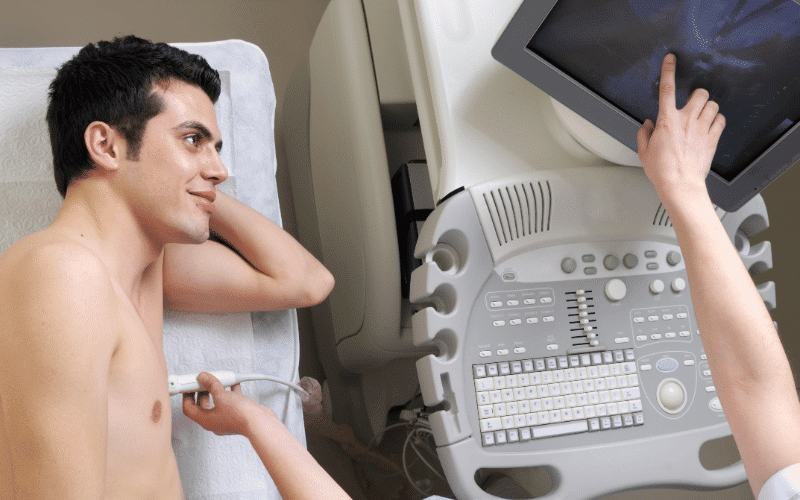8. Regular Cardiac Screenings Can Catch AFib Early

Fact eight underlines the importance of regular cardiac screenings in detecting AFib early. As mentioned earlier, AFib often doesn’t show symptoms, making it hard to diagnose without regular check-ups. Regular cardiac screenings become particularly crucial for individuals over the age of 65 or those with a family history of heart disease.
Early detection can play a vital role in preventing the onset of heart failure. With timely diagnosis, treatment for AFib can begin sooner, helping to control the heart’s rhythm, prevent clots, and reduce the risk of stroke.
Screenings can include electrocardiograms (ECG) to measure the electrical activity of the heart and echocardiograms to provide a detailed image of the heart’s structure and function. If these tests hint at AFib, additional tests like event recorders or Holter monitors might be used to record the heart’s electrical activity over an extended period.
Remember, it’s always better to be proactive than reactive when it comes to heart health. Regular screenings not only help in early detection but also enable monitoring of the condition if you’ve already been diagnosed with AFib, ensuring that your treatment plan continues to be effective. (8)